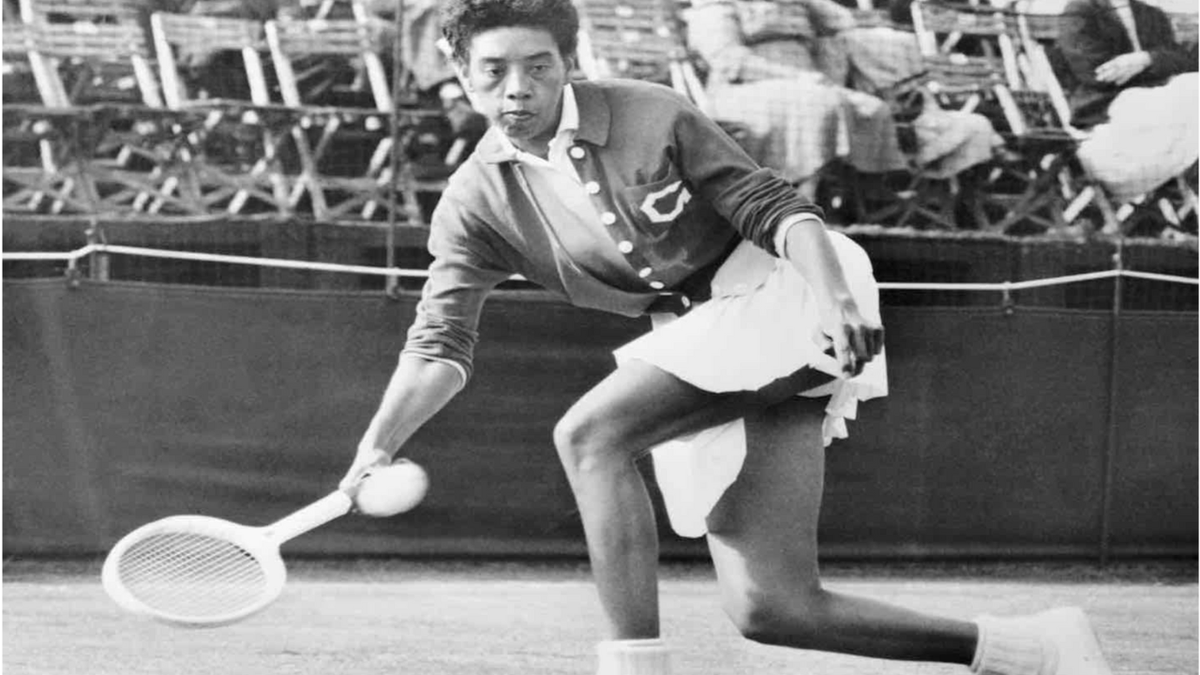Breaking Barriers: The First Black Champion at Wimbledon
On July 6, 1957, the tennis world witnessed a historic moment when Althea Gibson became the first Black athlete to win a Wimbledon singles title. This victory wasn’t just a personal achievement; it marked a pivotal moment in breaking down racial barriers in international tennis.

From Harlem to Wimbledon Glory
Born in Silver, South Carolina, and raised in the streets of Harlem, New York, Althea Gibson’s journey to tennis stardom was anything but conventional. In an era of racial segregation, she faced numerous obstacles and prejudices. However, her extraordinary talent and unwavering determination would prove stronger than any social barrier.
A Path of Historic Achievements
Gibson’s breakthrough came in 1956 when she became the first African American to win a Grand Slam title at the French Championships. This achievement set the stage for her remarkable success at Wimbledon the following year.
The 1957 Wimbledon tournament proved to be her defining moment. As the top seed, Gibson defeated Darlene Hard in a commanding 50-minute match to claim the Ladies Singles Championship. She didn’t stop there – she also secured the doubles title, cementing her place in tennis history.

Breaking Records and Shattering Ceilings
Her success extended beyond the tennis court. In both 1957 and 1958, Gibson was named Female Athlete of the Year by the Associated Press, becoming the first Black athlete to receive this prestigious recognition. These accolades highlighted not just her athletic prowess but her role in transforming the sports landscape.
During 1957-58, Gibson dominated the tennis world, winning both the Wimbledon women’s singles and doubles titles, along with the U.S. National Championship at Forest Hills. Her consistent excellence at the highest level of competition proved that talent knows no racial boundaries.
Legacy and Lasting Impact
Gibson’s influence on tennis and sports, in general, cannot be overstated. She blazed a trail that would later be followed by other African American tennis stars, including Arthur Ashe and the Williams sisters. Her story became a powerful symbol of how talent and perseverance could overcome societal barriers.
“I hope that I have accomplished just one thing,” Gibson once said, “that I have been a credit to tennis and my country.” She accomplished far more than that – she changed the face of tennis forever. Her achievements at the Smithsonian’s National Museum of African American History and Culture stand as a testament to her revolutionary impact on American sports.
A Revolutionary Legacy
Gibson’s victory at Wimbledon in 1957 represented more than just athletic achievement; it was a milestone in the civil rights movement. Her success challenged prevailing racial prejudices and demonstrated that excellence knows no color. Today, her legacy continues to inspire new generations of athletes who face their own barriers.
The Path Forward
The impact of Gibson’s achievements continues to resonate in modern tennis. Her groundbreaking career opened doors for future generations of diverse athletes in what was once considered an exclusively white sport. The U.S. Open’s recognition of her accomplishments, including a timeline of her achievements, stands as a permanent reminder of her contributions to the sport.

This article has been carefully crafted using multiple authoritative sources, combining historical facts with the social significance of Gibson’s achievements. Each section is properly cited to allow readers to explore further details about this remarkable athlete’s life and legacy.
The story of Althea Gibson remains a powerful reminder that sports can be a catalyst for social change, and that individual courage and talent can help reshape society’s expectations and break down long-standing barriers. Her journey from the streets of Harlem to the prestigious courts of Wimbledon continues to inspire athletes and non-athletes alike, proving that determination and excellence can triumph over prejudice and discrimination.